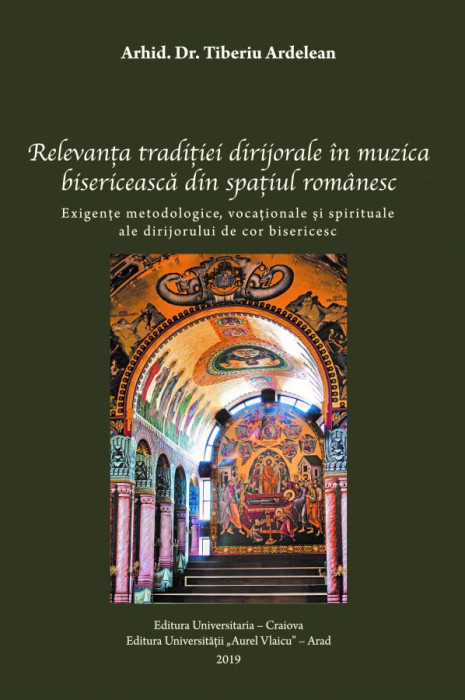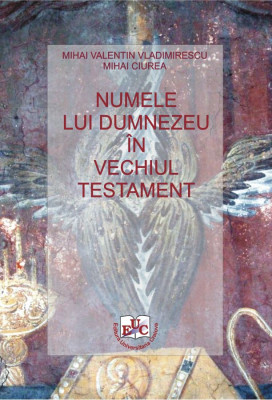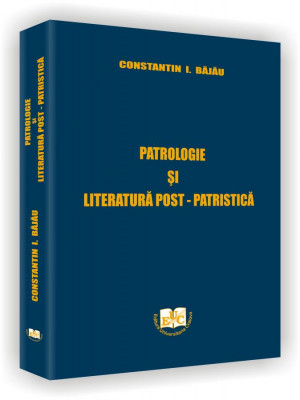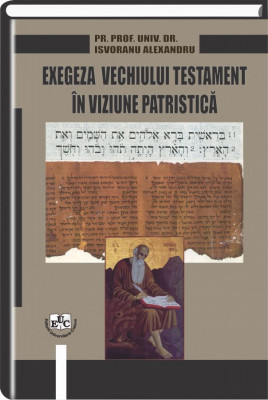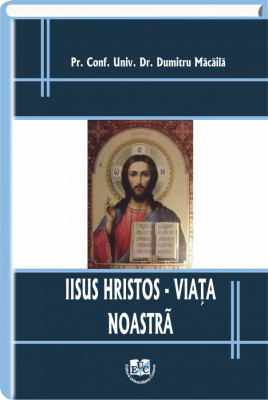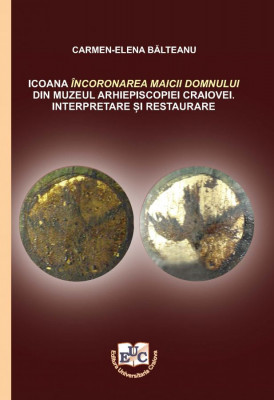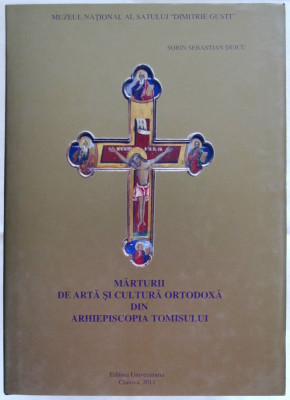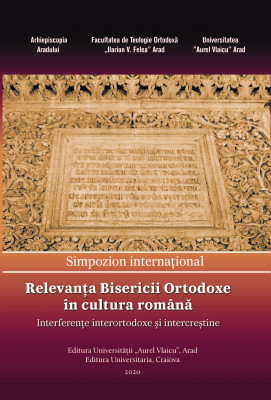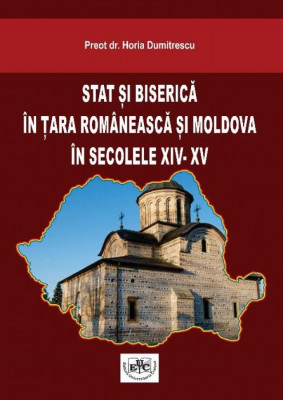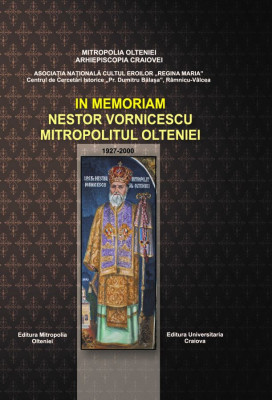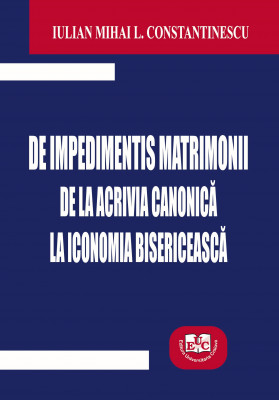Word and sound, logos and melos, are merging in a perfect harmony by the compositions of human voice, where music brings profoundness to the word, and the word borrows meaningness to this. Beethoven said that “the art and music raise humans to God”.
In human, creation of God, are merging the sound and word in music. The music expresses, in a seraphic language, the connection between man and his Creator, in a liturgical solemnity. The liturgical music and the entire evolution of the worship are imitating the Cherubic Hymn. That’s why, in Holy Liturgy “Let us, who mystically represent the Cherubim and who sing the thrice-holy hymn”, we ennoble the musical message.
The development of the Church cult in history, especially of the church music was found in these harmonic valences. Harmony was born in the West, if we think at renascentist poliphony, following after her course in every musical century.
The Church understood that for a word in a continue changeing, is neccesary a variety and suggested to the clergy two kinds of expressing of the feelings and the religious feelings: the monodic (pew)and harmonic (choral) music.
Music or the religious chanting is very related with Theology, with the Embodied Word. The beauty of the liturgical texts, dogmatical is emphasized by the church singing, choirs or pews, monodic or harmonic. This complex system is related in the workship, in Holy Church. Church never made abstraction of music, as a spiritual manifestation of believers.
The theological aspect of the religious music gives this the power to tie up the man of God, releasing his soul to the contemplation. The artistical liturgical moment involves the soul in a kind of emotion, of searching new existentials ways, of kneading, but in the same time, of spiritual fullishment, in the proximity of eternity.
The present work is a bunch of inner quests, feelings of joy for what church music means to me as a servant of the altar in the stage of deaconry, at the same time as choir conductor at the Faculty of Orthodox Theology "Ilarion V. Felea” from Arad. Theology and Church Music have enriched me spiritually, opening up new directions of both musical and spiritual interpretation. I would not have understood many meanings of interpretation if I didn’t have as support the Theology. These two great aspirations, Ecclesiastical Music and Theology, are the most beautiful forms and expressions for every Christian who seeks God and who lets God dwell in his heart.

